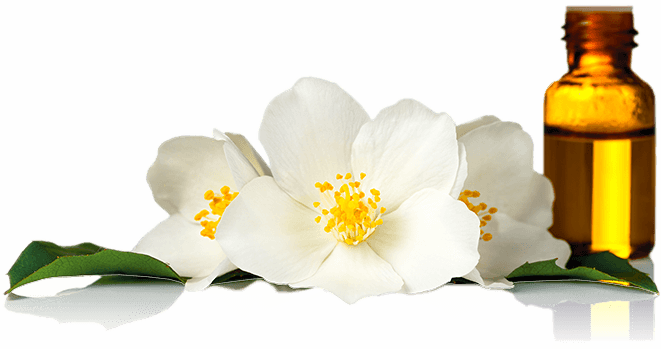Description
USA - Alaska. Rhodiola rosea Root, Cut and Sifted, Certified Organic
Common names: Golden Root, Roseroot, King’s Crown, Orpin Rose, Aaron’s Rod, Arctic Root, Stonecrop, Hong Jing Tian
Family: Crassulaceae
Freshly harvested, dried and processed in Alaska, USA! We are pleased to once again offer Rhodiola rosea. Please note this is a farm processed product - it has been cut but not sifted. There will be some powder present in your purchase.
Rhodiola is a perennial flowering plant that grows in the far northern reaches of Europe, North America, and Asia. It is found in the wild in mountainous areas and on sea cliffs. The roots and bitter leaves can be eaten, either raw or cooked, and Rhodiola extract is sometimes used to flavor vodka. The Inupiat and Nunivak tribes also used Rhodiola flowers as a remedy for abdominal pain and tuberculosis.
Scandinavian and Russian people have long valued Rhodiola Root as an adaptogen, helpful for coping with the frigid climate and difficult life. It is recognized in Chinese medicine as a cooling herb, prescribed for heat syndromes such as high blood pressure, headaches with flushing and anger, anxiety, and insomnia.
Rhodiola has been given to bolster immunity and fight infections; to restore memory, cognitive function, and libido; to optimize blood circulation, respiratory health, and protect the liver and digestive system. Its active components include flavonoids, phenolic compounds, terpenes, and polysaccharides.
Adaptogens, by definition, are nontoxic, and usually well-tolerated by most people. Reports from herbalists suggest that finding an optimal dosage for a particular individual is even more essential than usual for using this plant successfully. Lower doses are said to be more stimulating, and higher levels more sedating. Rhodiola is probably best avoided in people with manic tendencies.
*These statements have not been evaluated by the FDA. These products are not intended to diagnose, treat, cure or prevent any disease.









